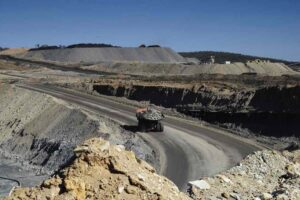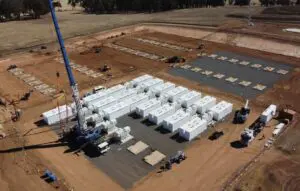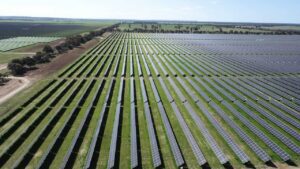Consumers have lost faith in the energy market, and their confidence that the industry is working in their best interests has plummeted in the wake of ongoing market crisis, rising costs and concerns about the resilience of the system.
The slump in confidence in both electricity and gas markets has been captured by the latest Energy Consumer Sentiment Survey, published by Energy Consumers Australia, which polled consumer opinions in June – amid a period of unprecedented chaos.
ECA CEO Lynne Gallagher said the results of the latest survey demonstrate the reaction to soaring electricity prices, threats of supply shortfalls and a market suspension, and it re-ignites the threat of the so called death spiral where consumers decide to go their own way on energy supply.
“While consumers were already growing concerned about affordability in April, we’ve seen a stunning collapse of confidence and trust since then,” Gallagher says.
“Australians are clearly unimpressed by the way our system is functioning and are deeply sceptical about whether things are going to get better any time soon.
“Consumers have reacted angrily to the recent breakdown of the market and who can blame them?”
The poll of more than 1,000 consumers found just 40 per cent of respondents said that they thought the energy market was acting in their long-term interest – a fall from 46 per cent a year prior.
Reflecting widespread expectation that energy costs will increase over the next few years, a massive 88 per cent of Australians expressed concerns about the affordability of their own energy costs, with 58 per cent saying they were “highly concerned”.
An even higher 94 per cent of respondents said they are concerned that energy costs will become unaffordable for others within the next three years.
At the same time, there has been a sharp decline in the proportion of Australians who said their electricity service represented good value of money, with the proportion of those with a ‘positive’ view falling to 61 per cent, down from 70 per cent a year prior.
A similar fall was observed when consumers were asked about gas prices, with 63 per cent of respondents saying they thought gas costs represented value for money, down from 72 per cent.
Gallagher said the figures should serve as a ‘warning’ to energy market participants, as it highlighted the risk that consumers would look to disengage from the energy market and how their energy is managed.
“If we can’t show consumers that the system has their interests front of mind and is able to deliver on them then Australians will be increasingly tempted to disengage from the energy system and try to go their own way,” Gallagher said.
“We need consumers to be embracing new opportunities and responsibilities, investing in new technology, making changes to how and when they use some energy and making their energy resources available to help themselves, their neighbours and the system itself.”
Adding to the concerns about energy affordability, the ECA poll shows an overwhelming majority of Australians are concerned that the energy system lacks resilience, with 90 per cent saying that they were concerned that the system will ‘not be resilient to extreme weather events and there will be frequent electricity outages’.
“Australians are entitled at a minimum to feel confident that energy will be there for them when they need it,” Ms Gallagher said.
“We are seeing natural disasters, such as the floods in Queensland and New South Wales, as well as the more recent threats to supply that saw the NEM suspended, are eroding that confidence, and that’s bad for the whole community.”
“We know that climate change means we are looking at a future where weather is more unstable and extreme weather events are more common. We need to make sure Australians have faith that we are building resilience in our communities and a system that can withstand such conditions.”
Asked about their plans to purchase an electric vehicle, just over a third (36 per cent) of respondents said they were planning to buy an electric car in the future, with one-third saying they have no plans to go electric. The remaining third said they were unsure about future vehicle purchases.
The most common barrier to buying an electric vehicle remained cost, which was cited by 59 per cent of responders, while concern about a lack of public charging infrastructure (41 per cent) and a lack of ability to charge at home (26 per cent) were also commonly mentioned barriers to making a switch to electric.
“It’s not fair to ask consumers to do all the heavy lifting. We’ve been encouraged to see more action from governments recently when it comes to subsidising the cost of EVs and investing in charging infrastructure for convenience, but we think there is scope to go much further,” Gallagher said.
“If we can not only adopt EVs across our community but also encourage people to charge them during the day when solar electricity will be plentiful and cheap, we will have a clean source of transportation and also a better-balanced, and therefore more reliable, energy grid.”










